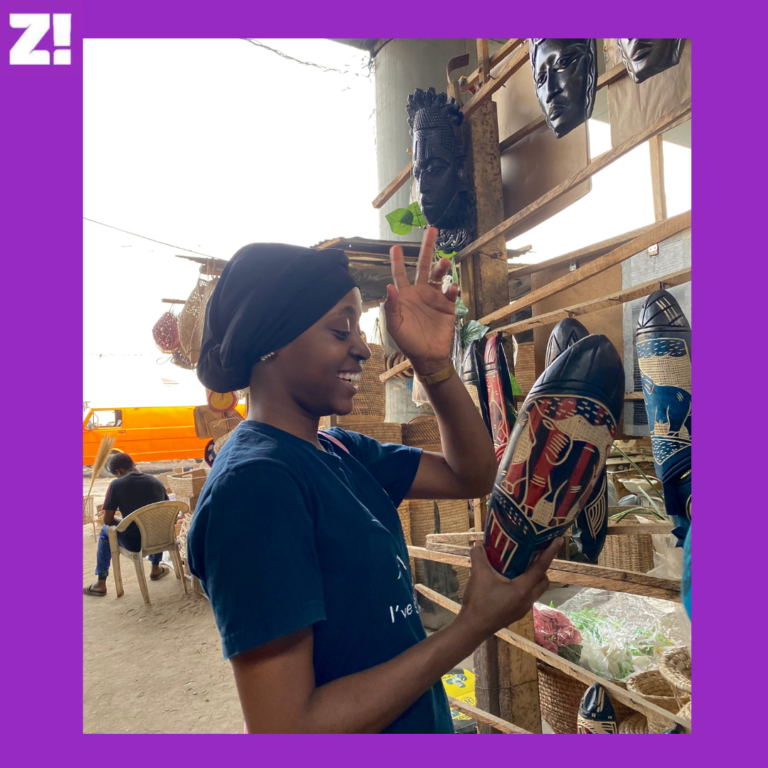Using ladies and gentlemen is outdated and excludes trans/non-binary folks. It’s also such a boring way to start a speech but, if you use any of these, you’ll instantly become cool, possibly funny but most importantly, language inclusive. You’re welcome.
1. “Humans and non-humans”
Every day in the news, someone is turning into a bat, a goat or a cat. Best to just respect all parties involved before they come for you in the night.
RELATED: 7 Animals You Shouldn’t Turn Into in Nigeria
2. “Distinguished guests”
Tap into your inner 60+,/retired professor/family friend energy to use this greeting effectively. Pick the time and place for this one sha, because if you use this at a birthday party or in a club, them fit stone you shoe.
3.“people/peers/colleagues/associates/ everyone”
This one is giving millennial, because if I call someone my colleague, it’s an insult. No I will not be explaining further, but it’s inclusive and therefore valid. Here’s to millennials saving the day.
4. “Cherished friends and tolerated acquaintances”
If you use this, you’ll instantly establish yourself as a funny or at least an interesting person. Bonus points for randomly giving people moments of existential crisis and making them question their place in your life. Life is no fun without a little chaos after all.
5. “Friends, family and enemies”
It’s not a gathering of Nigerians if your enemies aren’t disguising among your well wishers. If you have the power to call them out, why won’t you take it? When you do, sha send us videos of the fight that happens after.
RELATED: 7 People You Need to Avoid at Your Next Family Gathering
6. “Gentle humans and agberos”
Because while there may be gentle ones among us, nearly everybody is mad in this country, and what better way to represent them? Let everybody figure out who is gentle and who is the agbero on their own.
7. “Hi besties!”
You get to sound Gen Z kind of cool. Everyone feels comfortable around someone that calls them bestie. It’s not gendered, so it applies to anyone and can be used in any context.




